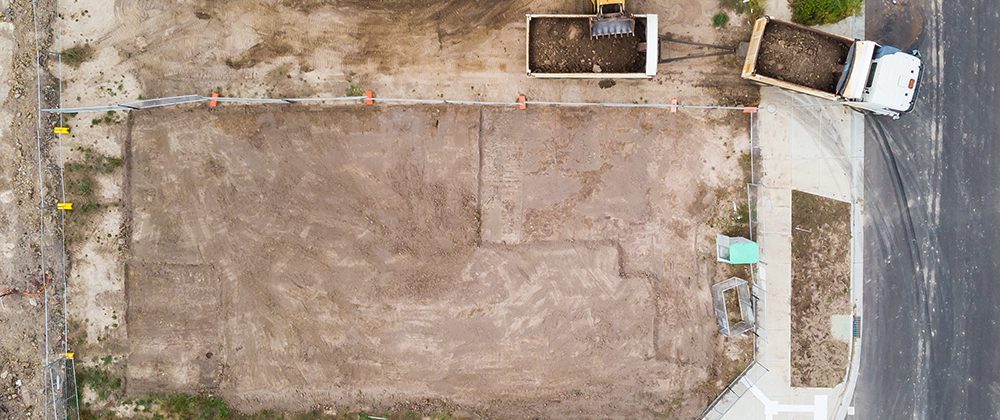A recent round-table event at Expo Sunderland, hosted by off-site building specialist Remagin, the event featured leading industry experts and thought leaders. Remagin – led by Scott Bibby, Country Manager UK and Ireland – wanted to explore what is going well in Modern Methods of Construction (MMC) implementation, the impact of MMC on traditional construction practices, what customers want and perceptions or concerns around MMC technologies.
According to Paul Jones, Professor of Architecture and Head of Subject at Northumbria University, MMC has reached a ‘tipping’ point as more young people enter the construction industry and are aware of its flexibility and benefits. Jone also warned that MMC and or offsite construction still faced perception hurdles and traditional operators and vested interests in the built environment were trying to block its growth.
One company represented at the event that champions MMC was McCarthy Stone, the UK’s leading developer and manager of retirement communities.
Peter Forsyth, Director of Strategic Initiatives at McCarthy Stone, said: “One of the biggest issues that stops MMC being used more widely is the perception it’s more expensive than other traditional methods of construction.
“We have proven that’s wrong. It certainly can be more expensive if you don’t implement it properly. You also need to consider the whole life value of a project, so it’s important to measure this as well as the cost.
“Offsite construction is clearly not as weather sensitive and so there is an advantage in construction speed and efficiency. You’re not just manufacturing a building in a factory, there is a proper production flow with associated quality controls. Once built, we have experienced significantly fewer defects at handover.
“At McCarthy Stone, we have proved we can do it. We have several schemes around the country designed this way. We have learnt a lot and we know how to extract the maximum benefits.”
Joanne Gordon, Homes and Development Director at Sunderland-based social housing charity Gentoo Homes was less convinced. She has experience delivering an offsite project and still sees MMC as a bit of a risk. “It’s a tough market for our sector and there are already challenges around traditional construction,” she said.
“Nevertheless, housing associations and the wider social housing sector would welcome MMC standardisation and implementation, but only when there was more economic certainty and stability in the wider economy,” said Gordon.
John Nordon, Creative Director of igloo, which is delivering 1,000 new homes at Riverside Sunderland, said planning regulations can sometimes be a constraint on the design and standardisation of offsite, modular housing. He highlighted the value of strong partnerships with local authorities.
Forsyth acknowledged that while he was a big advocate for MMC it was really the drive and vision of John Tonkiss, the CEO of McCarthy Stone, who made this possible; in any organisation, without support from the very top, it is difficult to overcome the inertia to change.
He is confident more people will turn to off-site manufacturing to deliver certain types of projects and he believes this will be partly driven by the next generation of people entering the industry.
“There is a new generation of people coming into construction who are aware of MMC. They are perhaps still influenced by those in the sector who have only worked with traditional methods, but there are those who are curious about things and not so fixed in their views,” said Forsyth.
Prof Jones added that over the next 10 years, it is predicted there will be a massive loss of traditional knowledge and experience as people retire from the industry. “This demographic shift and change will force MMC to be considered and used more,” he added.
Richard Marsden, MD of Sunderland-based architects and engineers BDN, expressed the need for industry and the education sectors to work more closely together to create new courses outside of traditional construction to attract more young people to the sector.
“We will struggle to change perceptions and raise awareness of MMC if young people can’t learn about innovative and different ways of construction. I don’t know where young people go to learn about these things. We need to be creating different pathways,” said Marsden.
Scott Bibby, of Remagin, agreed it was vital to establish greater links between education and the offsite construction industry. He has already established strong connections with schools, FE colleges and universities across the North of England.
Neil Guthrie, of Sunderland City Council, wholeheartedly agreed that the skills mix in construction needed to change and more young talent needed to be attracted to the sector. “We need to break down what construction is and can be. We need to change the focus for young people and broaden their understanding. We need to promote innovation and the exciting changes taking place in construction,” he said.
In terms of what customers and clients demand and want from MMC, Guthrie was quick to highlight key requirements: “MMC has got to deliver speed and quality. The country needs to deliver more housing and accommodation, and quickly. MMC needs to come up with a concept, design and deliver quickly and to the right quality.”
Guthrie added: “I think one of the challenges MMC faces, has been the perception the quality is no better, maybe worse. If you take housing out of a factory environment, it should almost be pristine and have no defects.”
There was acknowledgement that quality and consistency were among the benefits of MMC, but there remains a perception problem and, it’s not always straightforward getting that first project perfect.
Richard Crosby, Director at Seismic Group, added: “You have got to learn from each project. You won’t always get it right the first time around, but you need to work with your partners to improve. Procurement can be a problem for some companies and organisations, chopping and changing suppliers.”
Forsyth said: “Let’s not forget, traditional construction has not always been that great when it comes to defects.”
In summary, Scott Bibby highlighted how the offsite construction sector is evolving, and improving in places and that it is important for the sector to keep pushing the merits of MMC more – particularly in light of some high-profile challenges which have been seen recently. Scott said later that he sees offsite construction as the leader for the sector, and like any good leader, it takes less credit and has more scrutiny. “We must continue to drive improvements, our performance and build strong relationships with customers so that together we can educate those resistant to change and the next generation entering the industry” he added.




